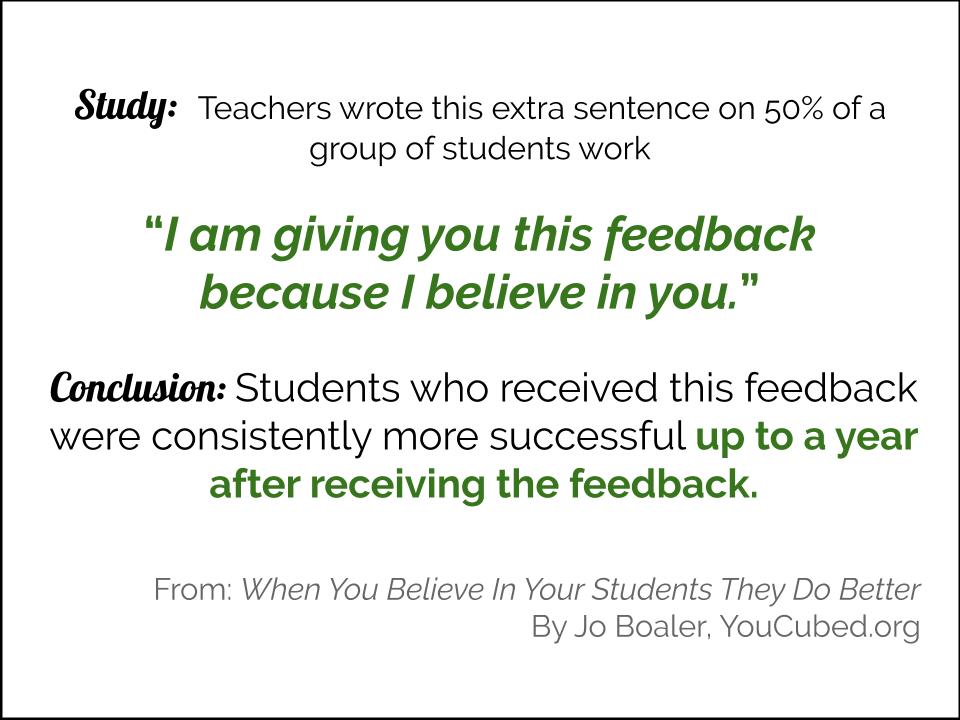Changing how we think about math and addressing myths and assumptions about math with our students can be an essential element of success.
What does it mean to change math mindsets?
By the time students get to adult education many of them have long forged beliefs and assumptions around math, usually revolving around a deficit mindset – “I am not good at math, math is all about numbers, math is difficult, I am not a math person so I will never get it“. When we think this way, the bar for success will remain out of our reach. The task then, is to change this mindset in order to put success back in students’ reach.
See what Ines Renner and Jordan Venne, math teachers from Pearson Adult and Career Centre of the Lester B. Pearson School Board, have to say about shifting math mindsets with their students:
Why change math mindsets?
In order to put hope and control back into our students’ lives. Really. It is as big as that.
It is not only about getting our students to think differently about math, as teachers we need to change our own beliefs about math. We need to think critically about how we talk about math and about what we believe about our students’ abilities in math.

By challenging these long held assumptions about math we can help our students find success in a subject that has long been a struggle for them.
“There are two versions of math in the lives of many Americans: the strange and boring subject that they encountered in classrooms and an interesting set of ideas that is the math of the world, and is curiously different and surprisingly engaging. Our task is to introduce this second version to today’s students, get them excited about math, and prepare them for the future.” from What’s Math got to do with it? by Jo Boaler https://www.youcubed.org/resources/whats-math-got-revised-edition/
How is this connected to our new programs in Adult Education?
The Common Core Basic Education and Diversified Basic Education programs are both built around competency development. When we talk about developing competencies, that means getting better at how we do certain things within real-life situations so that we can act with confidence when making decisions and solving problems.
From the programmes:
“Mathematics makes it possible to conceptualize and represent quantities and the organization of the environment. It is therefore useful in dealing with many real-life situations that involve the arts, architecture, the natural sciences, the social sciences, technology, computer science, etc…the Common Core Basic Education courses should involve concrete elements and situations that are meaningful for adults…By encouraging adults to think rationally and use exact language, this program helps them become more confident of their own
abilities, committed to learning and more autonomous in applying their knowledge to all types of real-life situations.” (p. 1, Mathematics, Common Core Education)
“One of the main objectives of mathematics education is to help adult learners solve different types of situational problems by teaching them how to approach a problem with intellectual rigour and self-confidence, among other things. Mathematics is not reserved for a select few and can be useful to all; thus, it has a distinct cultural dimension.“ (p.6, Diversified Basic Education Program, Mathematics)
Shifting to a mindset where we challenge commonly held beliefs and assumptions about math and helping our students do the same helps will absolutely help as you shift your own practice into the implementation of both the CCBE and DBE programs in Mathematics.
Want to explore further?
This PD Mosaic article was inspired by Jordan and Ines’ workshop I am not a math person so I will never get it, presented at AQIFGA 2016.
Learning resources created by Jordan Venne (Teacher, LBPSB), Ines Renner (Teacher, LBPSB), and Tracy Rosen (RECIT Consultant, CSSMI), 2016.
Thank you!
If you would like more information about these resources, please contact Avi Spector or Tracy Rosen.
All materials are expected to be reused and shared according to this Creative Commons license: CC BY-NC-SA 4.0
